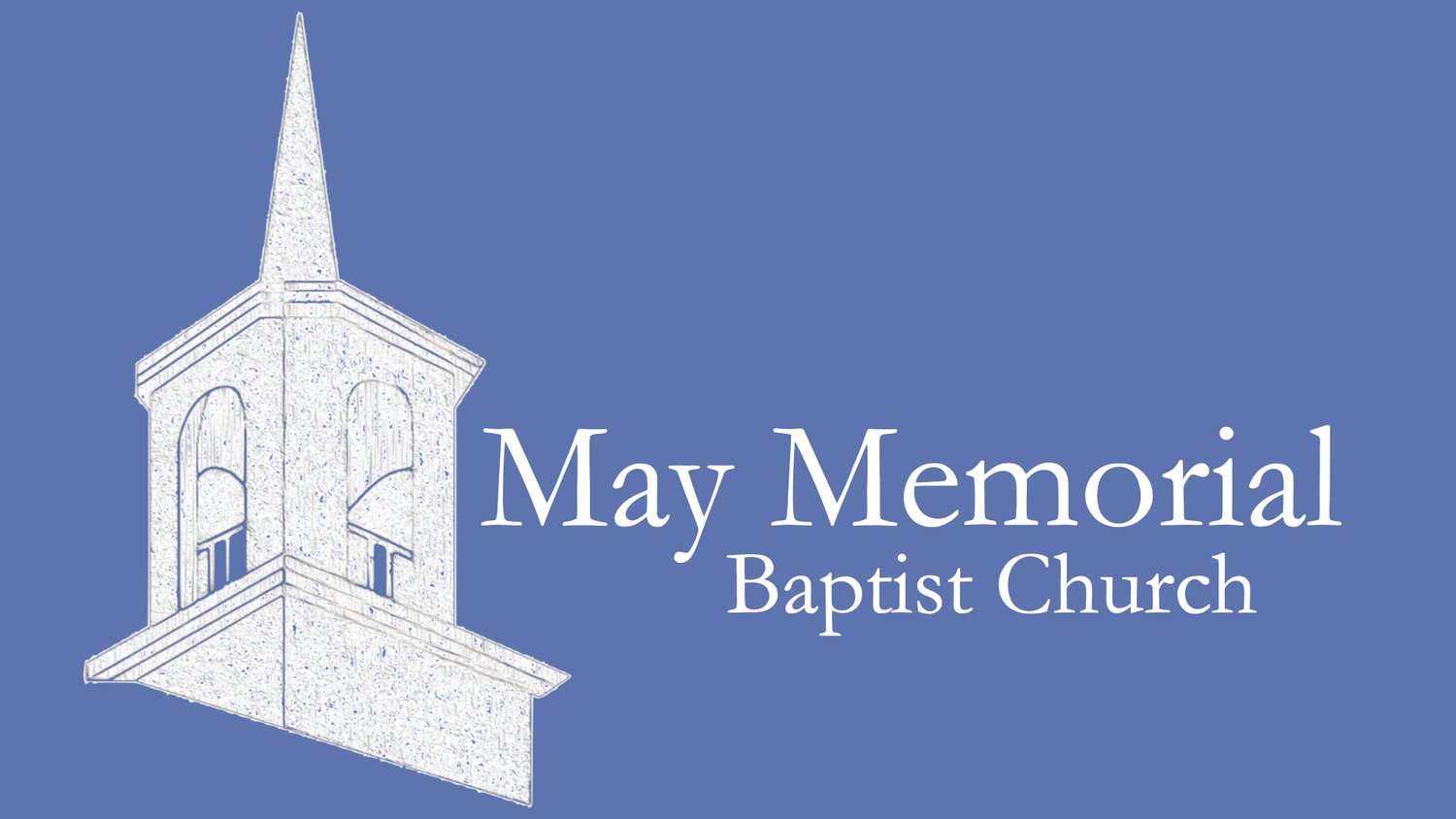Poor Call to Worships and “My Truth”
This past Thursday I went into the sanctuary to prepare Sunday’s Media Shout script for the sanctuary screens. While I was typing in the Congregational Call to Worship I quickly texted Diana in the office hoping that she had not printed the bulletins yet. Unfortunately, because I had given the final word to do so, she had already printed. The reason I hoped I still had a few minutes for one last change is that I did not like our Congregational Call to Worship.
I had chosen the call to worship early in the week and had put it in the bulletin, and when I read it a few days earlier I had read it differently than I did on Thursday. Our call to worship started with the lines:
“For us there is only One God and Father
from whom streams all creation
and for whom we exist.”
The two words that caused me problem on Thursday were “for us.”
When I read them earlier in the week I thought of the story from Joshua, with the famous lines “as for me and my house we will serve the Lord.” I read those first two words as a testimony that “our culture, our world, or others may choose to have other gods,” but “for us there is only One God.”
But when I read the words on Thursday I heard them in a different way. I heard them sheepishly saying that “you may believe in something else, but we believe in One God and Father…”. “You have your belief, and we have ours, for us…”. I wanted to remove those first two words so the Call to Worship began:
“There is only One God and Father…”
If you have read this far into this article, you may be thinking that Michael is overthinking something that no one else probably noticed. And maybe you’re right.
But there is a phrase that I hear more and more these days from our culture that probably made me notice this. You will hear a person, when they are beginning to speak, say that they are going to tell “my truth.” Or, someone will thank someone for sharing “their truth.” This implies that I may have my truth, and John Smith may have his truth, and Mary Jones may have her truth. And “our truths” may differ but the most important thing (at least according to our culture) is never to imply there is any less validity in “any truths.”
Jesus proclaims that He is Truth, and we believe that the Truth is sent from God and is fully revealed in Jesus Christ.
Many Christians get this confused, and they begin thinking that their interpretation of Jesus is The Truth, when in fact it is just their interpretation. And, this does not mean that we each don’t contribute to a full and complete understanding of God’s Truth as we tell our stories of how experience and serve God together. But while we have different stories and different experiences, the One Truth remains. And for The Truth we live in community together that we may fully understand and embody for the sake of each other and the world.
